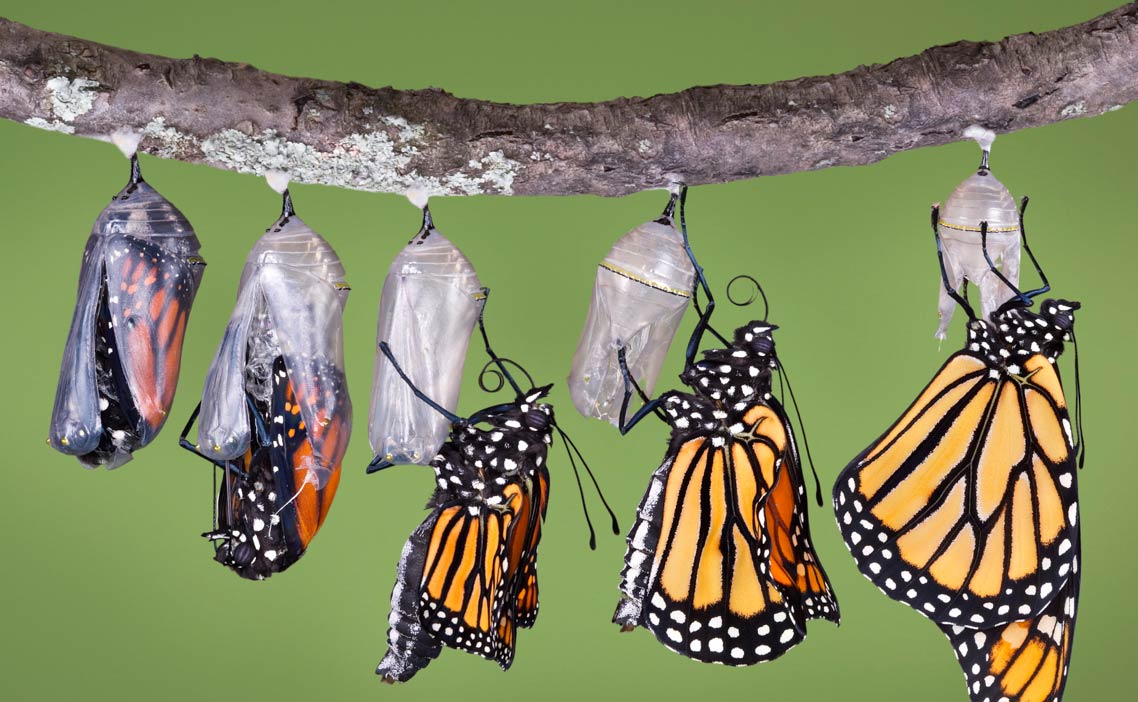
-
-
Online training
- Bientraitance and benevolence in everyday life 4-hour online training course
- Delirium: prevention, detection, intervention 3-hour online training course
- Dysphagia: from early detection to safe eating 4-hour online training course
- Alzheimer's disease, an adapted approach Online training
- Challenging Behaviours in Dementia Care: Prevention and Intervention Online training
- Personality disorders and difficult relationships: intervention kit 7-hour online training course
- Cognitive examination of the elderly Accredited online training - 7 hours
- Notes to the file 7-hour online training course
- Notes to file, basic concepts 3-hour online training course
- PQRSTU and clinical examination 3-hour online training course
- Wound care 10-hour online training course
- Palliative care: managing the most common symptoms at the end of life 7-hour online training course
- Palliative care: accompanying life to the end 7-hour online training course
- Polymedication, polydangers? Issues for healthcare professionals 7-hour online training course
- Clinical examination in a few minutes? yes, it's possible. 7-hour online training course
Interactive webinarsNotes to the file -
Online training
- Bientraitance et bienveillance au quotidien ONLINE 4 h
- Delirium: prevention, detection, intervention ONLINE 3 h
- Dysphagia: from early detection to safe eating ONLINE 4 h
- Alzheimer's disease, an adapted approach
- Challenging Behaviours in Dementia Care: Prevention and Intervention
- File notes (NEW VERSION 2024) ONLINE 7 h
- File notes, basic concepts (NEW VERSION 2024) ONLINE 3 h
- PQRSTU and clinical examination ONLINE 3h
- Wound care ONLINE 10 h
- Palliative care: managing the most common symptoms at the end of life ONLINE 7h
- Personality disorders and difficult relationships: a toolkit for intervention ONLINE 7h
- Polymedication, polydangers? Issues for healthcare professionals ONLINE 7h
- Cognitive examination of the elderly ONLINE 7h Accredited online training - 7 hours
- Clinical examination in just a few minutes? yes, it's possible. ONLINE 7h
Notes to the fileInteractive webinars - FAQ
- Contact us
0,00 $
0
Panier
-
-
Online training
- Bientraitance and benevolence in everyday life 4-hour online training course
- Delirium: prevention, detection, intervention 3-hour online training course
- Dysphagia: from early detection to safe eating 4-hour online training course
- Alzheimer's disease, an adapted approach Online training
- Challenging Behaviours in Dementia Care: Prevention and Intervention Online training
- Personality disorders and difficult relationships: intervention kit 7-hour online training course
- Cognitive examination of the elderly Accredited online training - 7 hours
- Notes to the file 7-hour online training course
- Notes to file, basic concepts 3-hour online training course
- PQRSTU and clinical examination 3-hour online training course
- Wound care 10-hour online training course
- Palliative care: managing the most common symptoms at the end of life 7-hour online training course
- Palliative care: accompanying life to the end 7-hour online training course
- Polymedication, polydangers? Issues for healthcare professionals 7-hour online training course
- Clinical examination in a few minutes? yes, it's possible. 7-hour online training course
Interactive webinarsNotes to the file -
Online training
- Bientraitance et bienveillance au quotidien ONLINE 4 h
- Delirium: prevention, detection, intervention ONLINE 3 h
- Dysphagia: from early detection to safe eating ONLINE 4 h
- Alzheimer's disease, an adapted approach
- Challenging Behaviours in Dementia Care: Prevention and Intervention
- File notes (NEW VERSION 2024) ONLINE 7 h
- File notes, basic concepts (NEW VERSION 2024) ONLINE 3 h
- PQRSTU and clinical examination ONLINE 3h
- Wound care ONLINE 10 h
- Palliative care: managing the most common symptoms at the end of life ONLINE 7h
- Personality disorders and difficult relationships: a toolkit for intervention ONLINE 7h
- Polymedication, polydangers? Issues for healthcare professionals ONLINE 7h
- Cognitive examination of the elderly ONLINE 7h Accredited online training - 7 hours
- Clinical examination in just a few minutes? yes, it's possible. ONLINE 7h
Notes to the fileInteractive webinars - FAQ
- Contact us
0,00 $
0
Panier
No products in the cart.
Mire Formation Conseil inc. / Bereavement / caring relationship / Wait for him to ask the questions?



